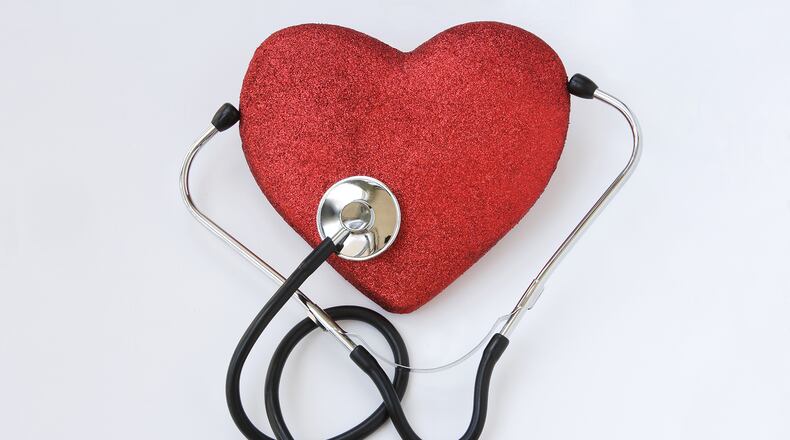Given the heat wave, there are some registrants who may not want to walk or run this year’s AJC Peachtree Road Race in full or at all. And that’s OK, said Dr. Laurence Sperling, founder of the Center for Heart Disease Prevention at the Emory School of Medicine.
More than 50,000 people are expected to walk or run in the major Atlanta event that begins early July 4. While morning temperatures will be cooler, the forecast calls for the heat to rise into the low 90s.
“The smartest thing to do would be, if there are questions or concerns, discuss it with your doctor,” Sperling said in an interview with The Atlanta Journal-Constitution Wednesday morning.
“Always err on the side of caution and concern, versus overdoing it and putting oneself at risk for heat related illness, or just overchallenging oneself,” Sperling said.
Some doctors have an online patient portal that they check daily where people can pose a question to their doctors if there’s not time to get an appointment. But if Sperling had a patient in front of him, he said, the first question he’d be asking is, has the patient trained for the 6.2-mile run?
“This is a 10K event, so that means that you should have been walking or testing similar distances, ideally in this heat, in preparation,” Sperling said. “It doesn’t mean that you walk around the block three times a week, and now you’re going to go out and walk 6.2 miles.”
People with underlying conditions, from diabetes to heart disease to lung disease, should be especially careful and consult with their doctors, he said.
A new heat risk tool developed by the Centers for Disease Control and Prevention and the National Weather Service shows metro Atlanta’s heat risk Thursday as red, or “major” risk of impacts from heat. In contrast, much of South Georgia will be orange, or moderate risk.
For those who participate in the race, hydration beforehand, not just during, is key. Training should be over with, so the person can rest before the race. More tips are available here.
Warning signs of heat exhaustion people may experience as they walk or run during the event include:
- You stop perspiring
- Nausea
- More short of breath than usual
- Dizziness
- Feeling they’re going to pass out or faint
- Chest pain or pressure
“Anybody that chooses to do the race that is experiencing those symptoms should err on the side of caution and either slow down and rest or ask for medical attention,” Sperling said.
Sperling himself has run the race more than 20 times and looks forward to running Thursday. It’s not about the t-shirt, he said. “It’s an event.”
About the Author
Keep Reading
The Latest
Featured



